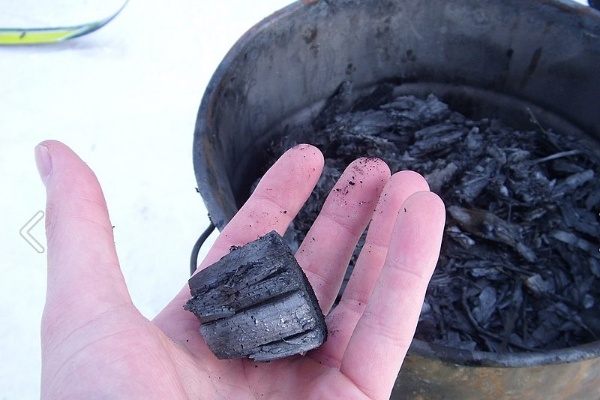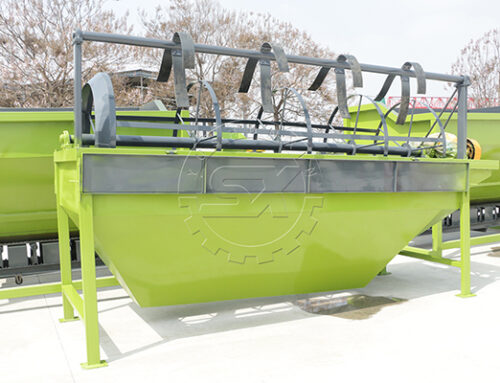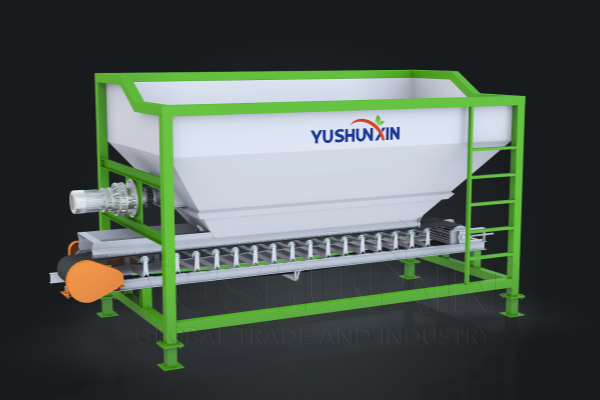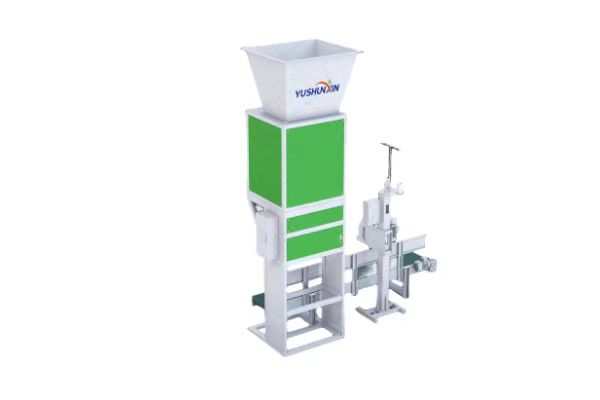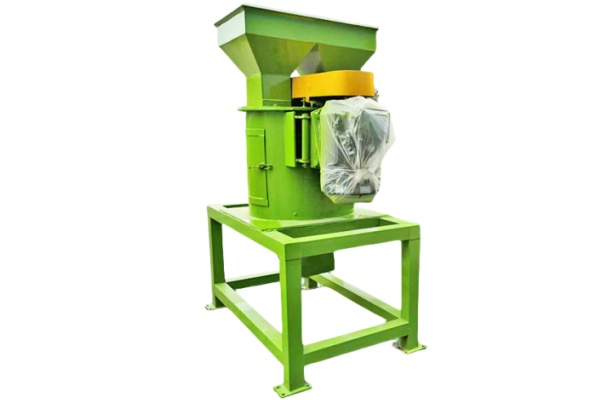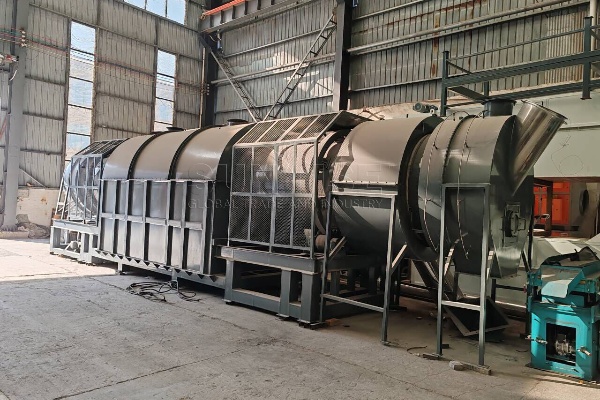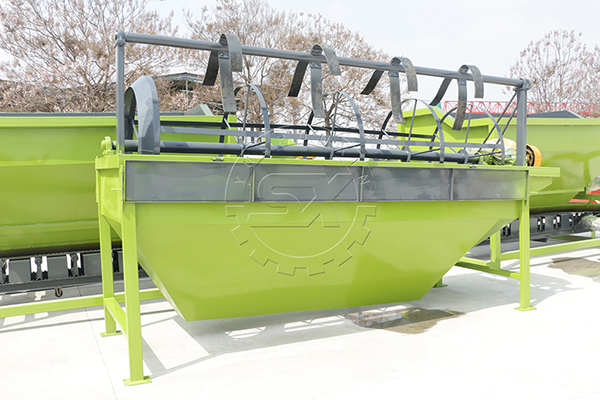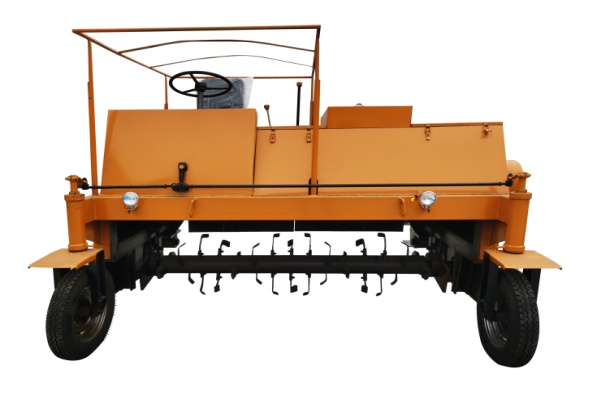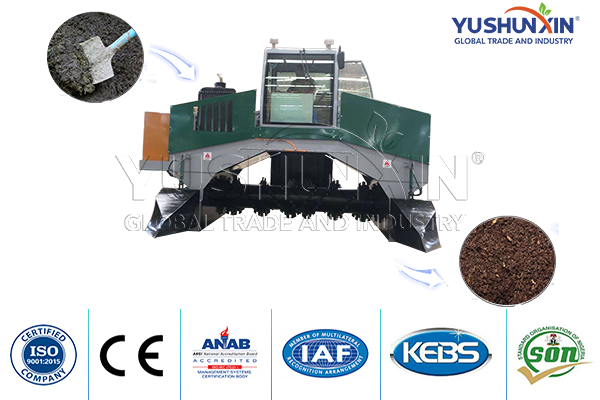Biochar making process
Global energy demand is currently increasing as a result of population growth. Because the environment and global energy issues, finding alternatives to fossil fuels has become a matter of urgency. So biochar become more and more popular, and in the next I will tell you the biochar making process.
What is Biochar
Biochar is a fine-grained, highly porous charcoal made from biomass. And biochar helps to increase crop yields while maintaining important soil biodiversity. One of the best-known examples of natural biochar is in the Amazon region, where indigenous people use in their agricultural practices.
What are the methods of making biochar?
Thermochemical conversion is a common technique for biochar production. Thermochemical conversion methods include pyrolysis, hydrothermal carbonisation, gasification, etc. Pyrolysis is the common method for biochar making process.
What is the pyrolysis?
The process of thermal decomposition of organic materials at temperatures in the range of 250-900°C, and in an oxygen-free environment is known as pyrolysis. This process can transfer waste biomass into value-added products such as biochar, syngas and bio-oils.
The yield of biochar from the pyrolysis process depends on the type and nature of the biomass used. Temperature is the main operating process condition, which determines the efficiency of the product. Typically, when the temperature increases during pyrolysis, the biochar yield decreases and the syngas yield increases. Pyrolysis can be divided into fast and slow pyrolysis processes.
What factors affect pyrolysis?
The reaction conditions during pyrolysis are mainly responsible for the production of biochar. Factors such as raw material, temperature, particle size, and rate of heating mainly affect biochar properties.
What factors affect pyrolysis?
What kind of machines are used for pyrolysis?
- First, combining the experience of a talented team to provide a one-to-one tailored service.
- Second, provide a variety of solutions according to your budget, including raw material compliance, production line layout, customized equipment services.
- Third, with more than 30 years of history, the company has a good reputation around the world.


